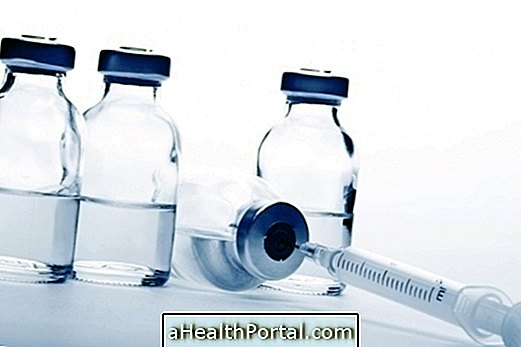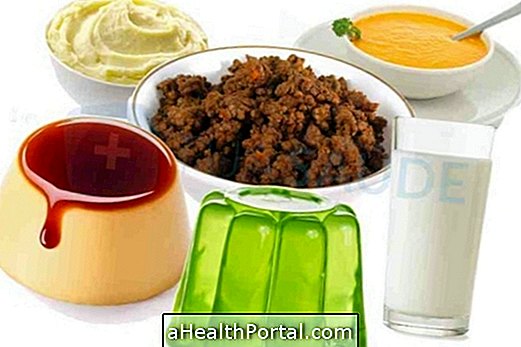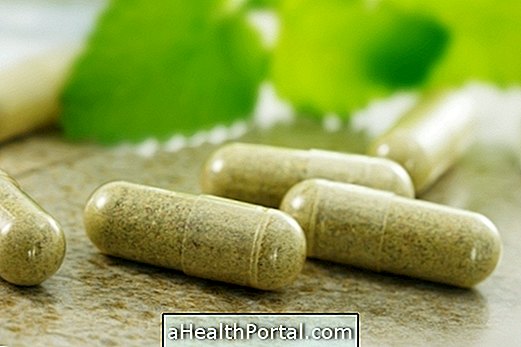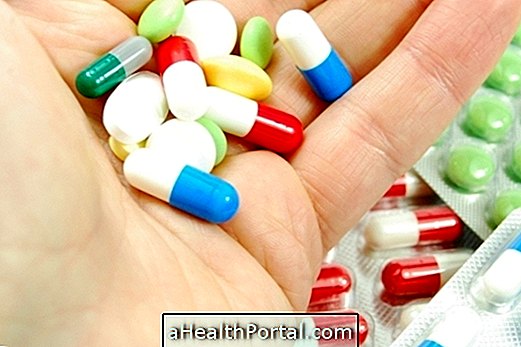Atropine is an injectable drug known commercially as Atropion, which is a stimulant of the parasympathetic nervous system that acts by inhibiting the activity of the neurotransmitter acetylcholine.
Indications of Atropine
Atropine may be indicated to combat cardiac arrhythmias, Parkinson's disease, insecticide poisoning, in case of peptic ulcer, renal colic, urinary incontinence, respiratory system secretions, menstrual cramps, to decrease salivation during anesthesia and intubation, blockage cardiac, and as adjuvant in gastrointestinal radiographs.

Mode of use of Atropine
Injectable Use
Adults
- Arrhythmias : Administer 0.4 to 1 mg of Atropine every 2 hours. The maximum allowable amount for this treatment is 4 mg daily.
Children
- Arrhythmias : Administer 0.01 to 0.05 mg of Atropine per kg of body weight every 6 hours.
Side Effects of Atropine
Atropine may cause increased heart rate; dry mouth; dry skin; constipation; dilation of the pupils; decreased sweating; Headache; insomnia; nausea; palpitation; urine retention; sensitivity to light; dizziness; redness; blurred vision; loss of taste; weakness; fever; somnolence; swelling of the belly.
Contraindications of Atropine
Pregnancy risk C, lactating women, asthma, glaucoma or tendency to glaucoma, iris and crystalline adhesion, tachycardia, unstable cardiovascular state in acute hemorrhage, myocardial ischemia, gastrointestinal obstructive diseases and
genitourinary, paralytic ileus, intestinal atony in geriatric or debilitated patients, severe ulcerative colitis, toxic megacolon associated with ulcerative colitis, severe hepatic and renal diseases, myasthenia gravis.















